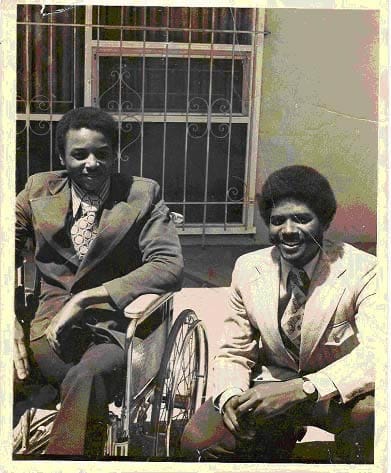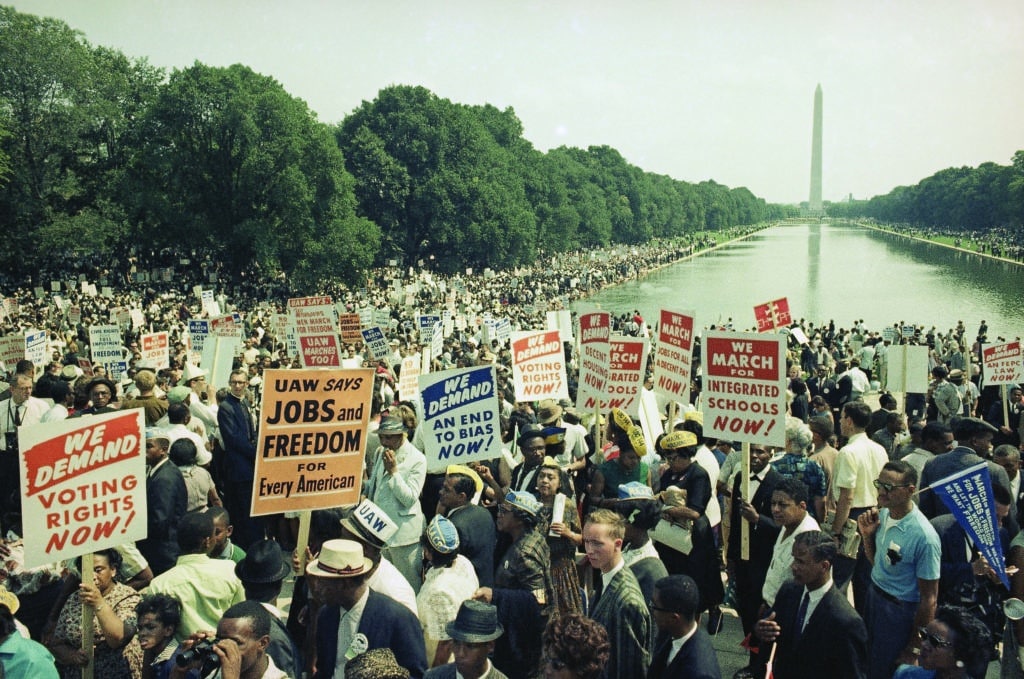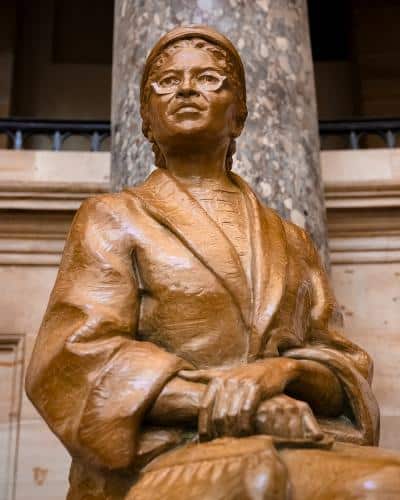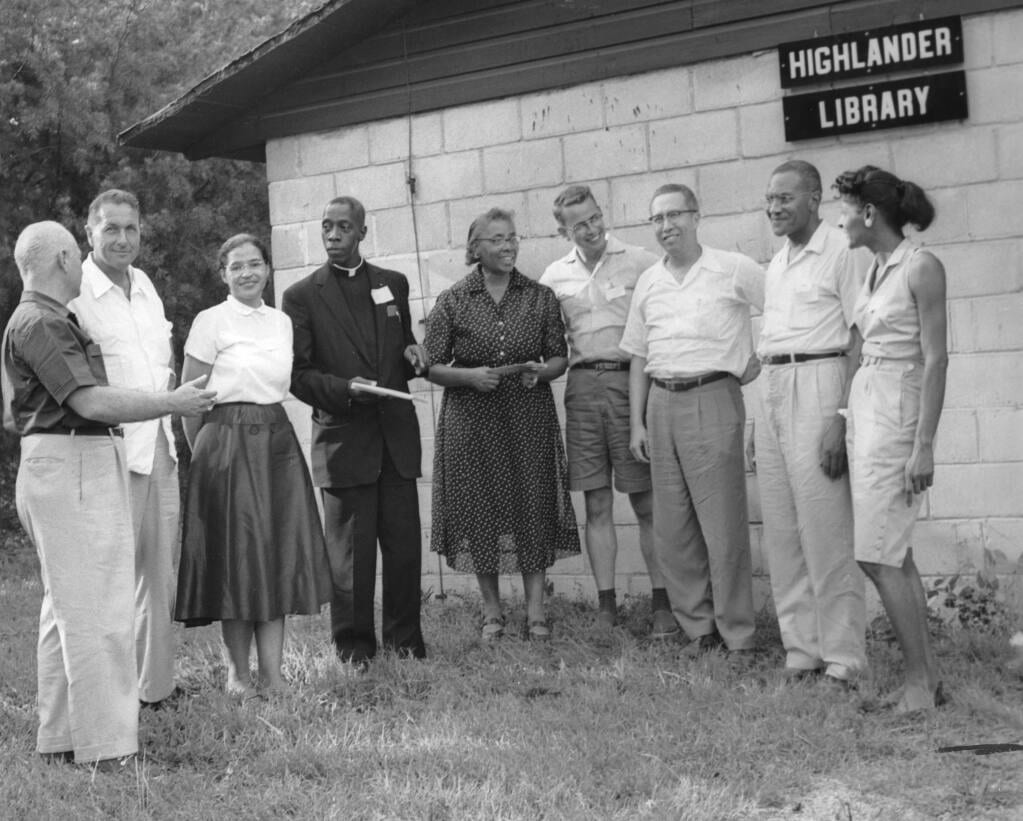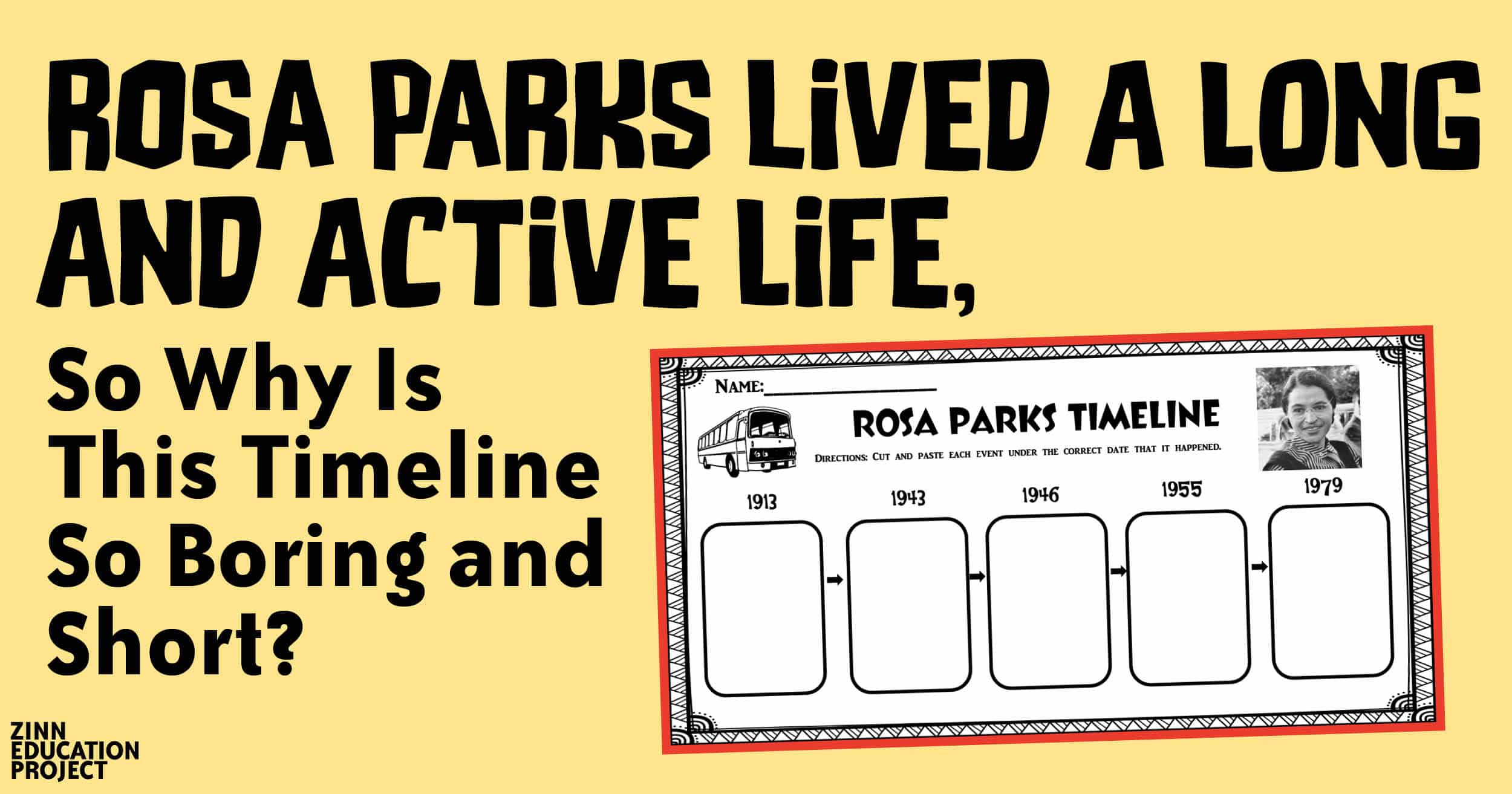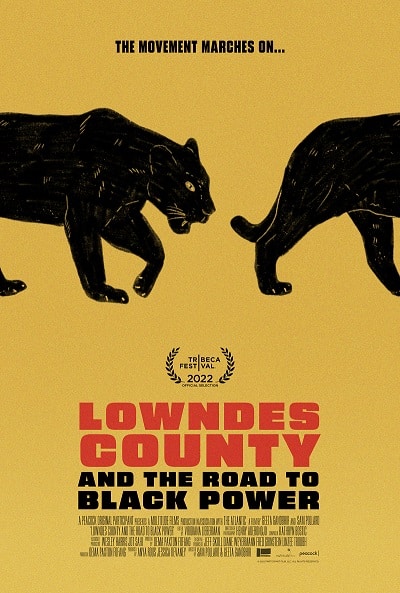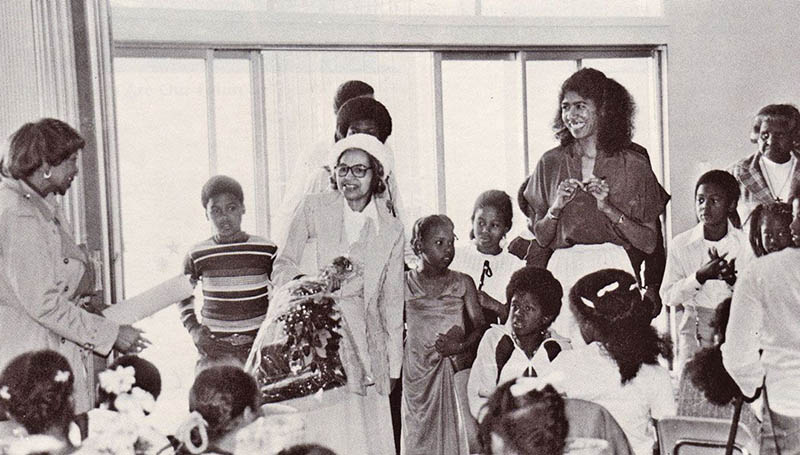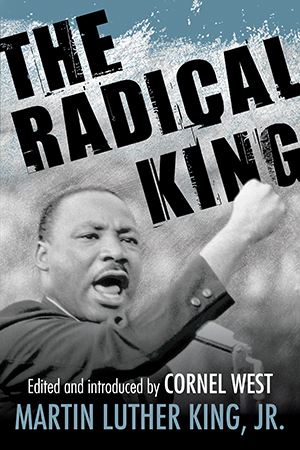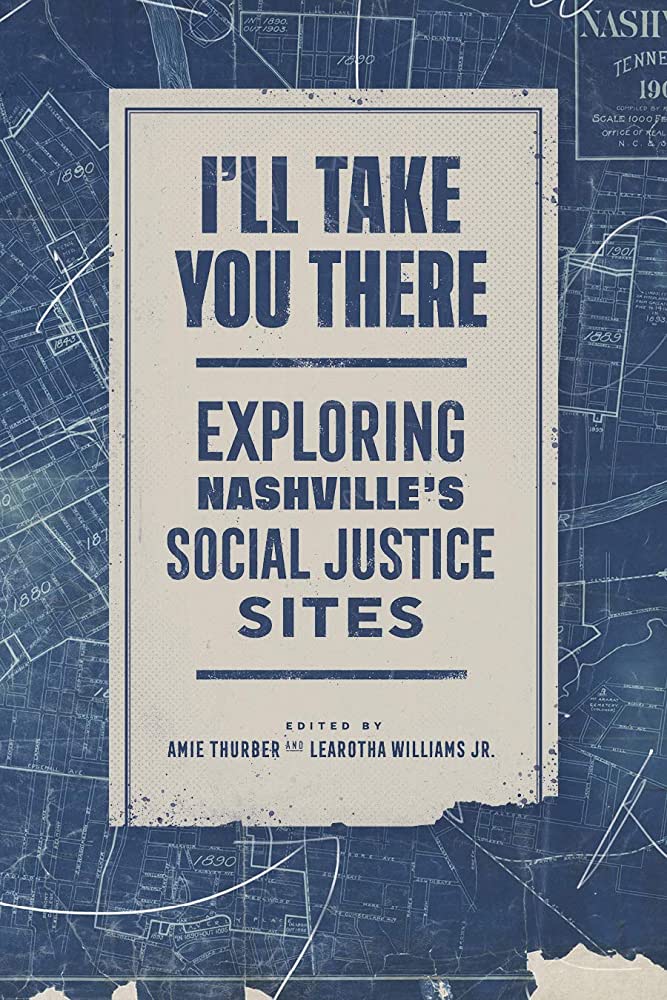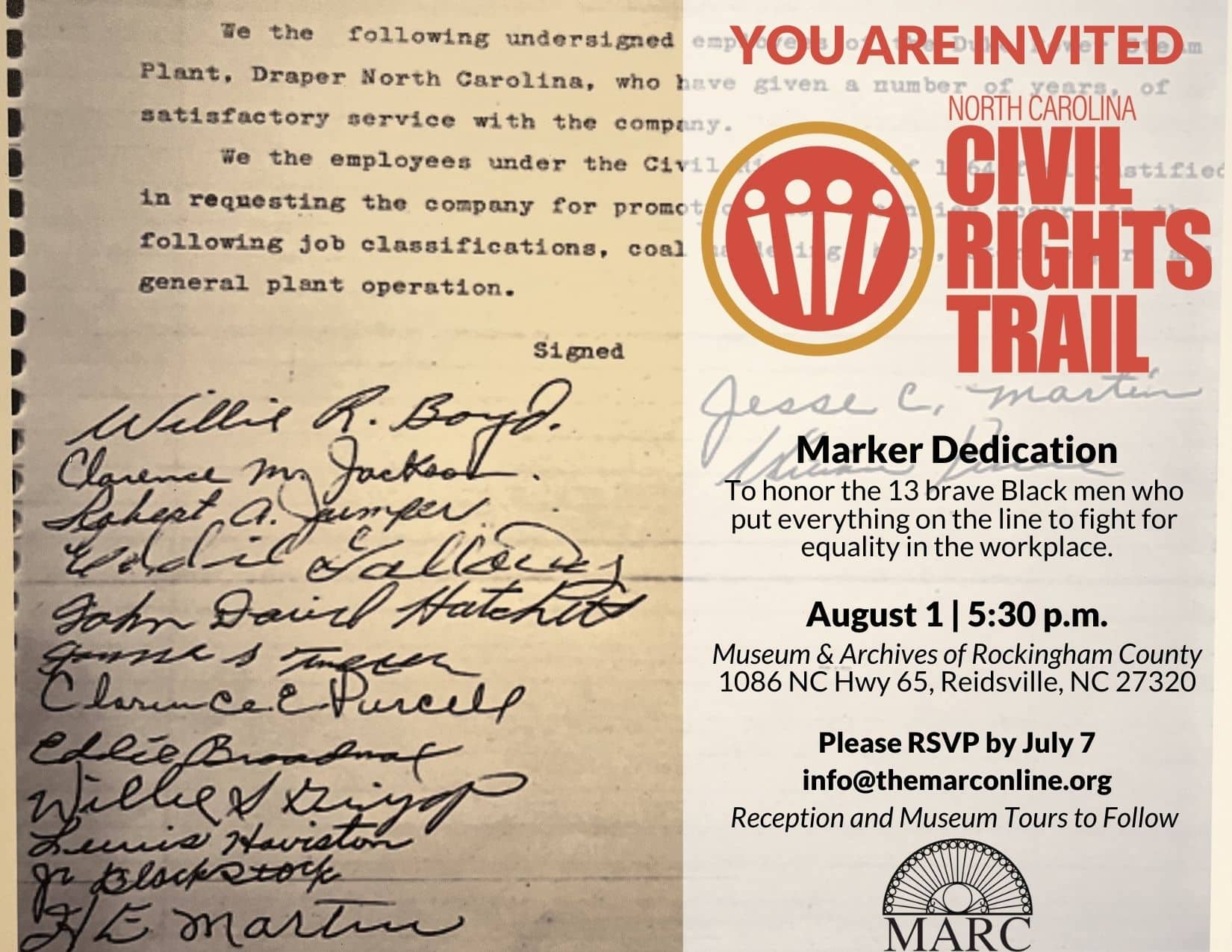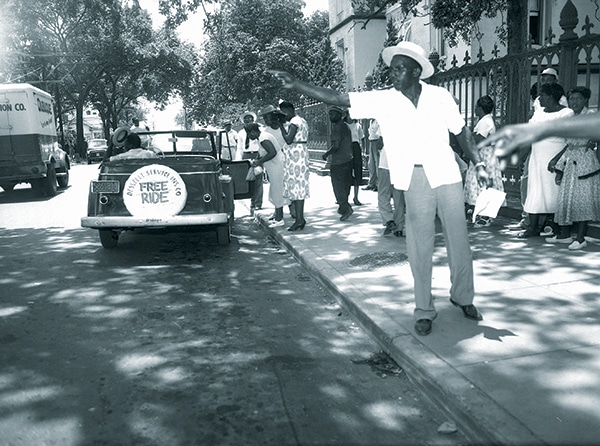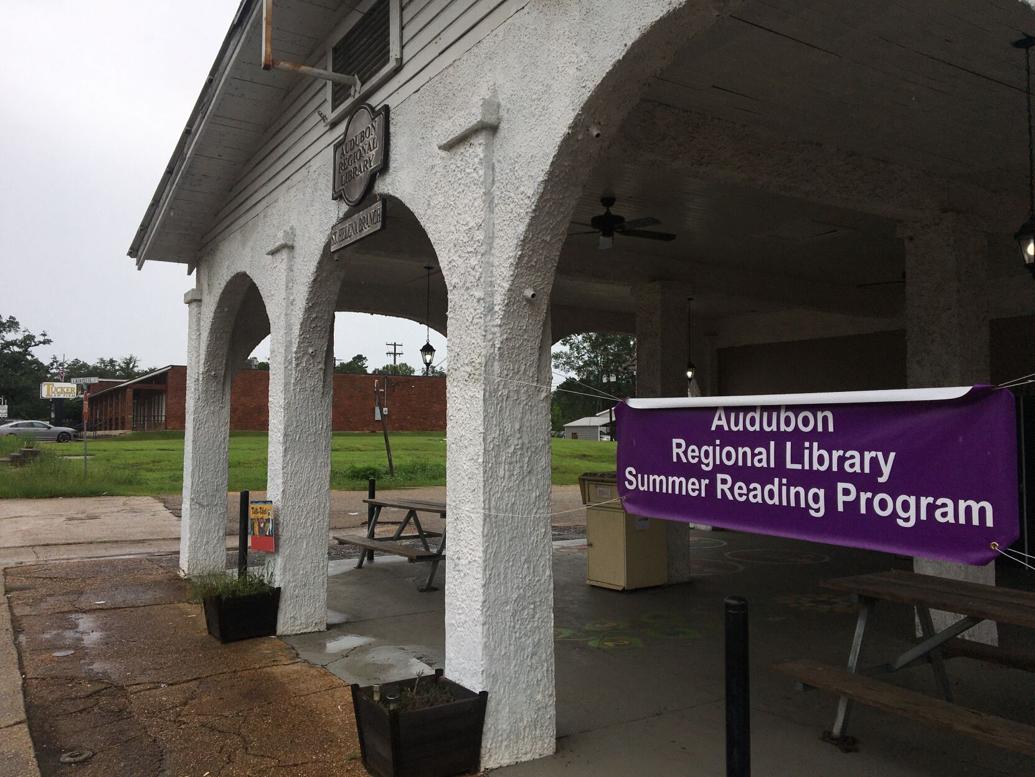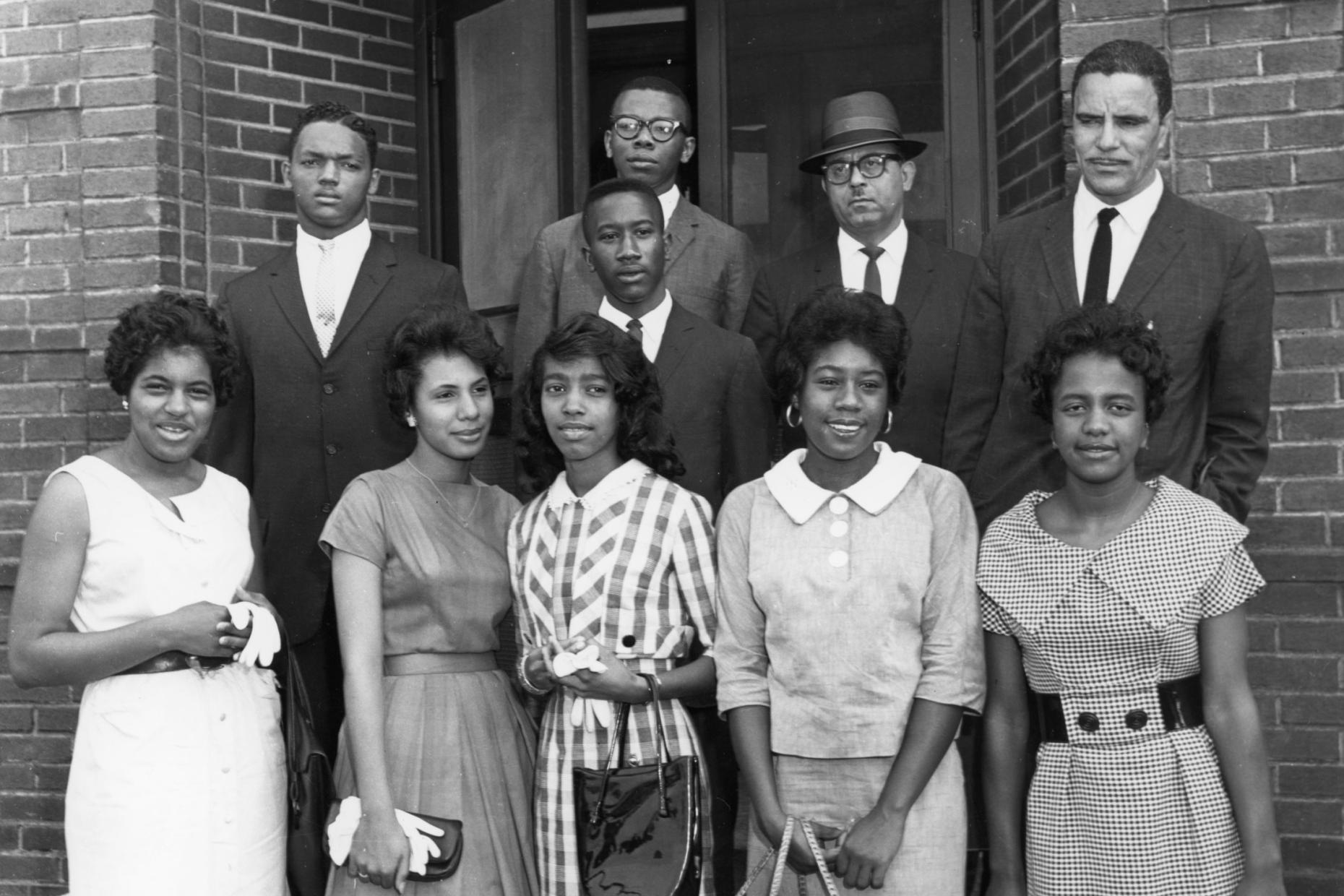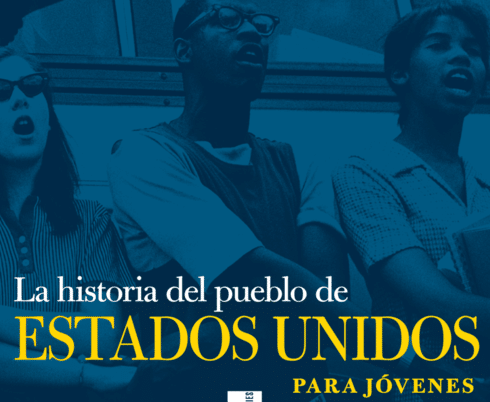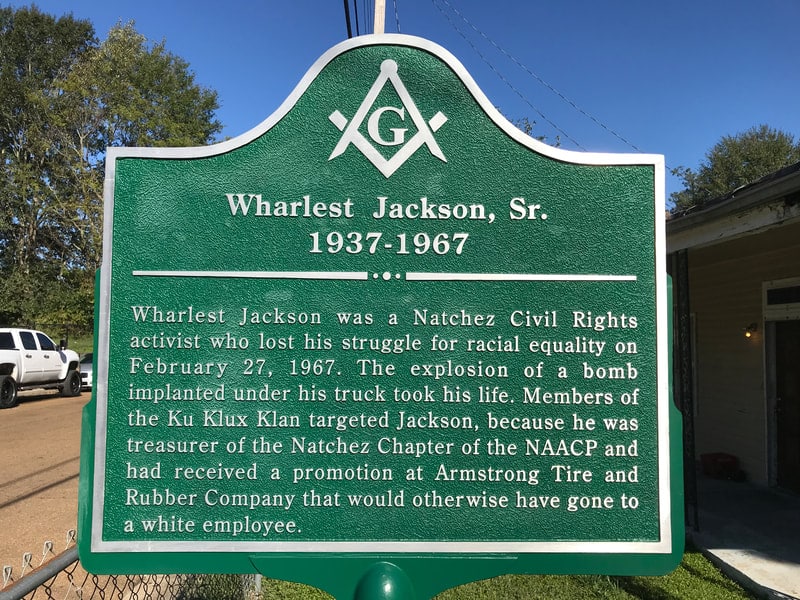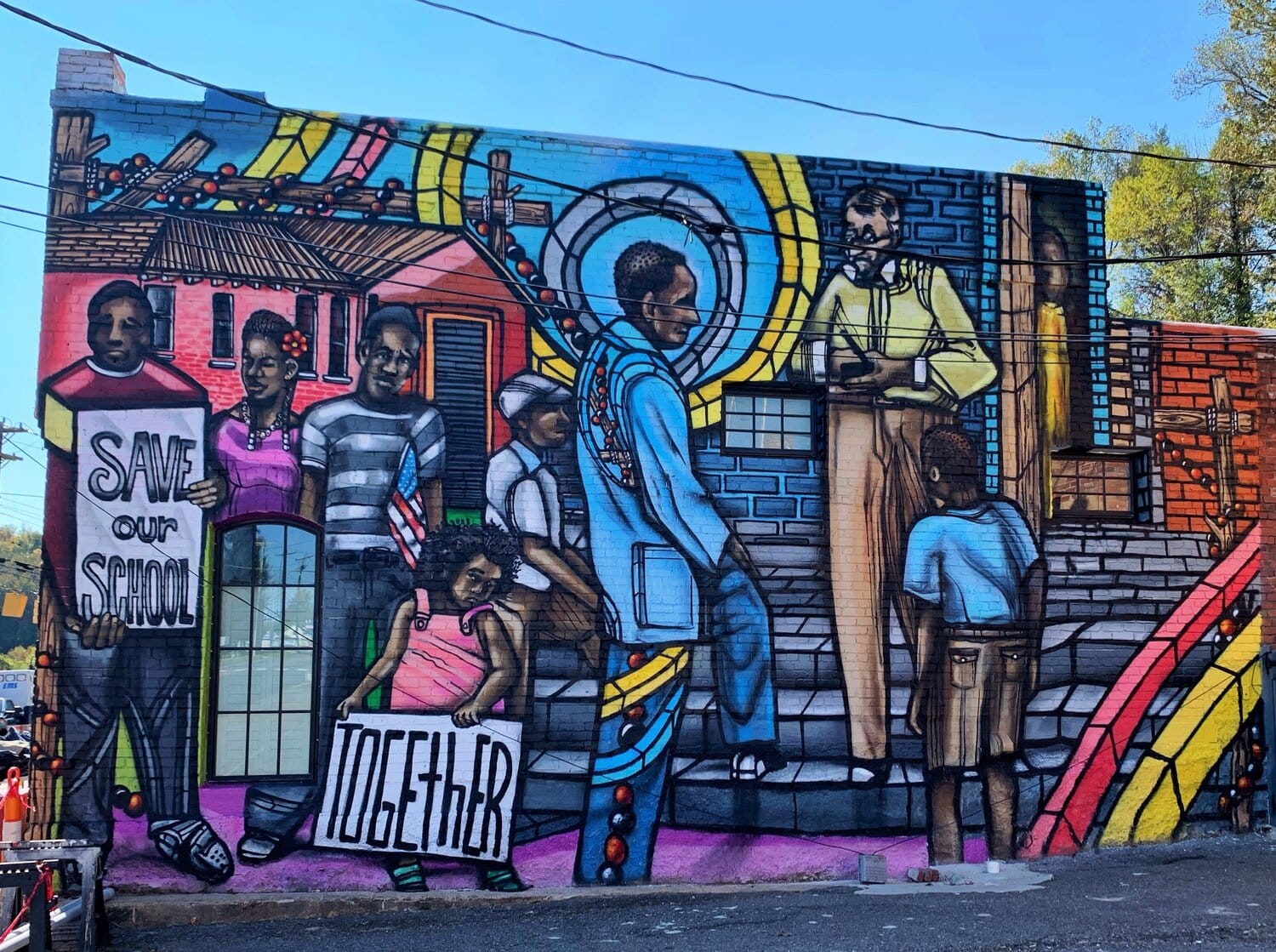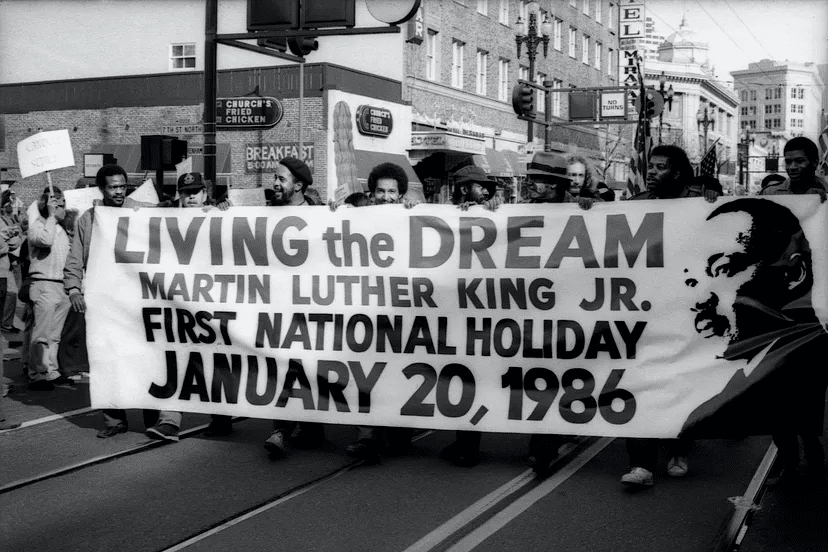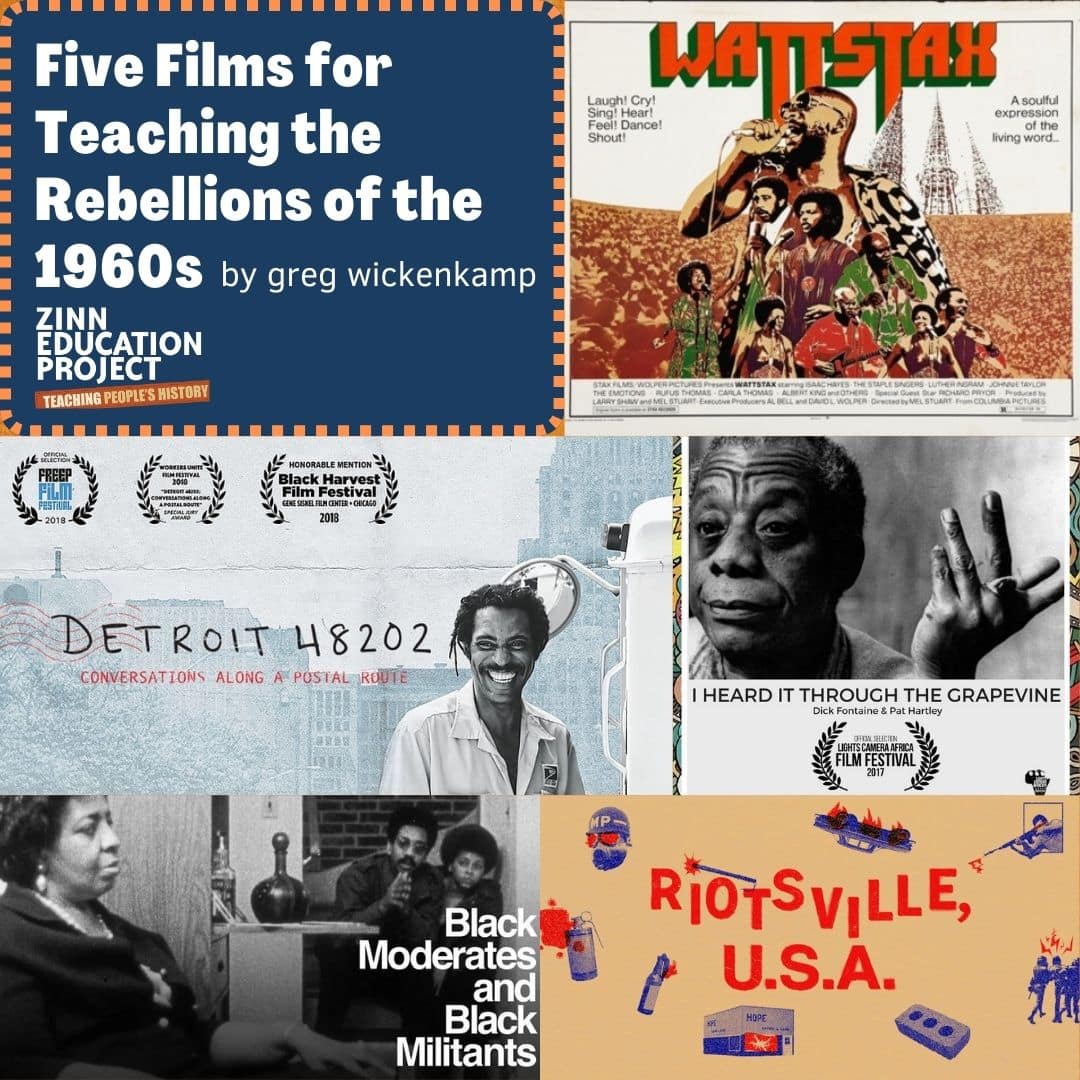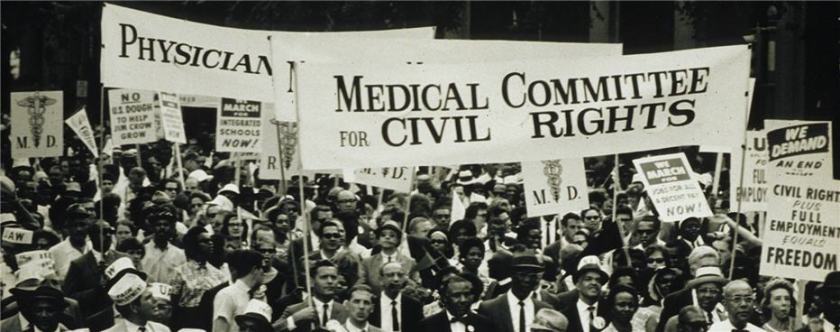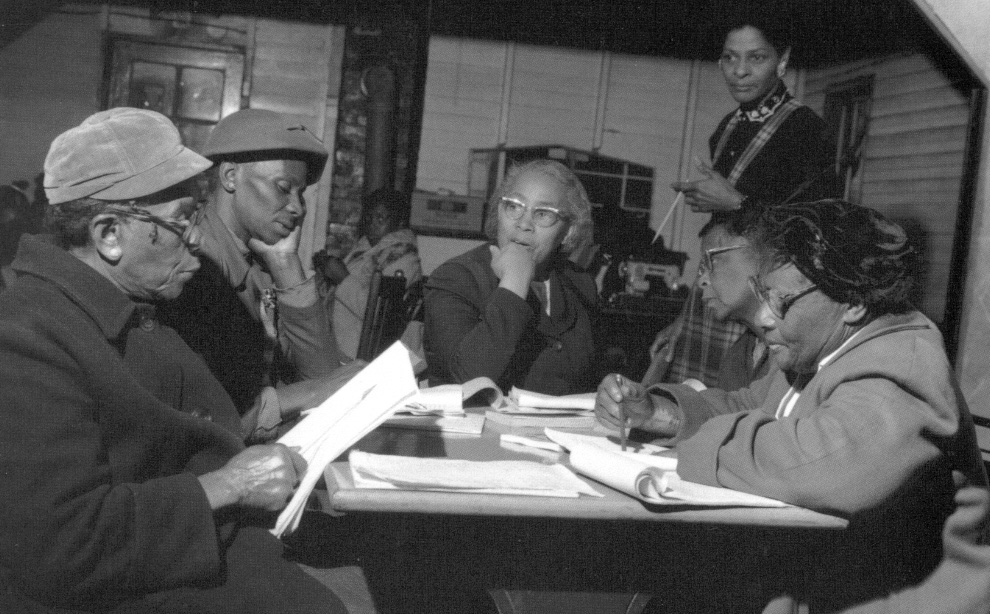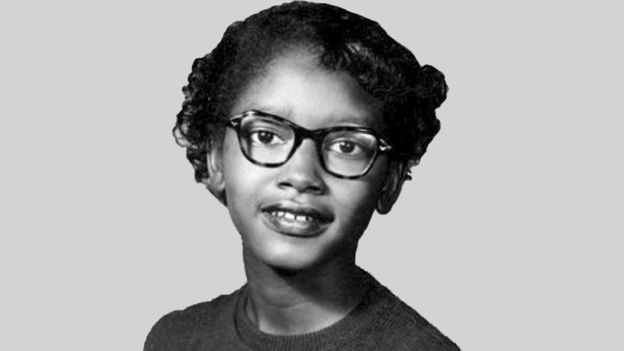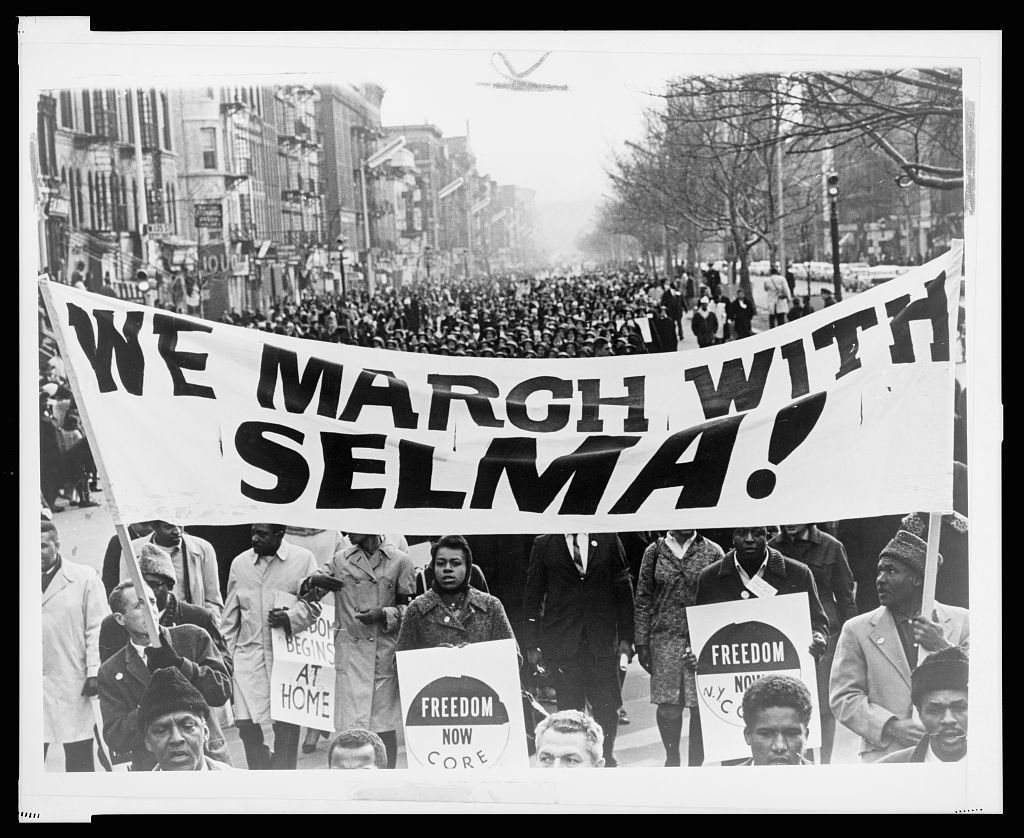The first African Liberation Day drew some 60,000 demonstrators in cities across the United States and Canada, including one on the National Mall in Washington D. C.
Continue reading
Teaching Activity. By Jessica Lovaas and Adam Sanchez. Rethinking Schools. 2021. Updated in 2023.
A lesson with case studies from Los Angeles; Birmingham, Alabama; Brooklyn; Detroit; Philadelphia, Pennsylvania; Albany, Georgia; and Cambridge, Maryland — to introduce students to the diverse struggles across the United States that were represented at the March on Washington.
Teaching Activity by Adam Sanchez
Continue reading
This lesson by Cierra Kaler-Jones invites students to consider how Rosa Parks’ legacy is memorialized by critically examining her statue at the U.S. Capitol. Students learn the fuller story of Rosa Parks’ life and use that information to determine how they would memorialize her legacy.
Continue reading
Teaching Activity. By Jesse Hagopian. 4 pages.
With a short video and readings with competing viewpoints, students will learn about master narratives and counter-narratives and how they apply to Rosa Parks’ life. This activity can be introduced before watching the film or reading the book, The Rebellious Life of Mrs. Rosa Parks.
Continue reading
Teaching Activity. By Ursula Wolfe-Rocca. 3 pages.
This timeline activity builds on students’ viewing of the 2022 film, The Rebellious Life of Mrs. Rosa Parks, and involves collaborating on a new timeline of Mrs. Parks' life.
Continue reading
Film. Directed by Sam Pollard and Geeta Gandbhir. 2022. 90 minutes.
The story of young SNCC organizers who fought for voting rights and Black power in Lowndes County, Alabama.
Teaching Activity by Directed by Sam Pollard & Geeta Gandbhir
Continue reading
Teaching Activity. By Tiffany Mitchell Patterson and Jessica Rucker.
In this lesson, students explore the core ideas of Black Power through a gallery walk with images and quotes connected to the life of Rosa Parks, and then consider how to define Rosa Parks’s activism.
Continue reading
Book — Non-fiction. By Dr. Martin Luther King. 320 pages.
Arranged thematically in four parts, The Radical King includes twenty-three selections, curated and introduced by Dr. Cornel West, that illustrate King’s revolutionary vision, underscoring his identification with the poor, his unapologetic opposition to the Vietnam War, and his crusade against global imperialism.
Continue reading
Famed civil rights lawyer and politician Z. Alexander Looby’s North Nashville home was dynamited in an assassination attempt.
Continue reading
Book — Non-fiction. Edited by Amie Thurber and Learotha Williams. 2021. 300 pages.
An exploration of Nashville's social justice sites and people's history, celebrating the power of counternarratives as a tool to resist injustice.
Continue reading
In 1966, 14 Black employees filed a complaint with the EEOC claiming that they were discriminated against in hiring and promotion at a power plant in North Carolina. Five years later, the Supreme Court delivered its landmark unanimous ruling prohibiting discriminatory practices by employers.
Continue reading
Black leaders in Baton Rouge, Louisiana formed the United Defense League (UDL) to protest bus segregation and persuaded thousands of Black residents to boycott buses until an agreed upon compromise was met.
Continue reading
Four Black teenagers tried to enter the whites-only St. Helena branch of the Audubon Regional Library in Greensburg, Louisiana. Instead, the library closed. Undeterred, the St. Helena Four continued to try to desegregate the local library and other segregated facilities.
Continue reading
In an act of civil disobedience against the whites-only Greenville County Public Library, eight young Black people entered the library, began reading, and were subsequently arrested. They became known as the Greenville Eight, and the library finally desegregated months later after many legal battles.
Continue reading
Book — Non-fiction. By Howard Zinn, adapted by Rebecca Stefoff with additions by Ed Morales. Translated by Hugo García Manríquez. 2023. 608 pages.
A Spanish translation of the young adult version of the best-selling A People’s History of the United States.
Continue reading
Wharlest Jackson (1930–1967), treasurer of the Natchez, Mississippi branch of the NAACP, was assassinated with a car bomb.
Continue reading
The destruction of a local Black elementary school and the refusal to allow Black children to attend the all-white school led to a years-long battle for desegregation in Old Fort, North Carolina.
Continue reading
The United States celebrated its first national Martin Luther King Jr. holiday, three years after the holiday was signed into law and eighteen years after the fight for a King holiday began.
Continue reading
Article. By greg wickenkamp. 2024.
A description of the top five films for teaching about the uprisings of the 1960s, plus a handful of honorable mentions.
Continue reading
The Medical Committee for Human Rights (MCHR) provided support to civil rights workers in Mississippi at the height of the Civil Rights Movement and raised awareness of the health care disparities due to racism in the United States.
Continue reading
With the help of the NAACP, local African American parents in South Carolina fought back against school segregation in a case that eventually helped to end segregation of public facilities across the nation.
Continue reading
Film. Directed by Lucy Massie Phenix and Catherine Murphy. 2019. 9 minutes.
Documentary about Citizenship Schools.
Continue reading
Digital history of educational activism in New York City through collections of archival documents, photographs, videos, oral history snippets, and more.
Continue reading
At age 15, Claudette Colvin refused to give up her bus seat to a white woman in Montgomery, Alabama.
Continue reading

